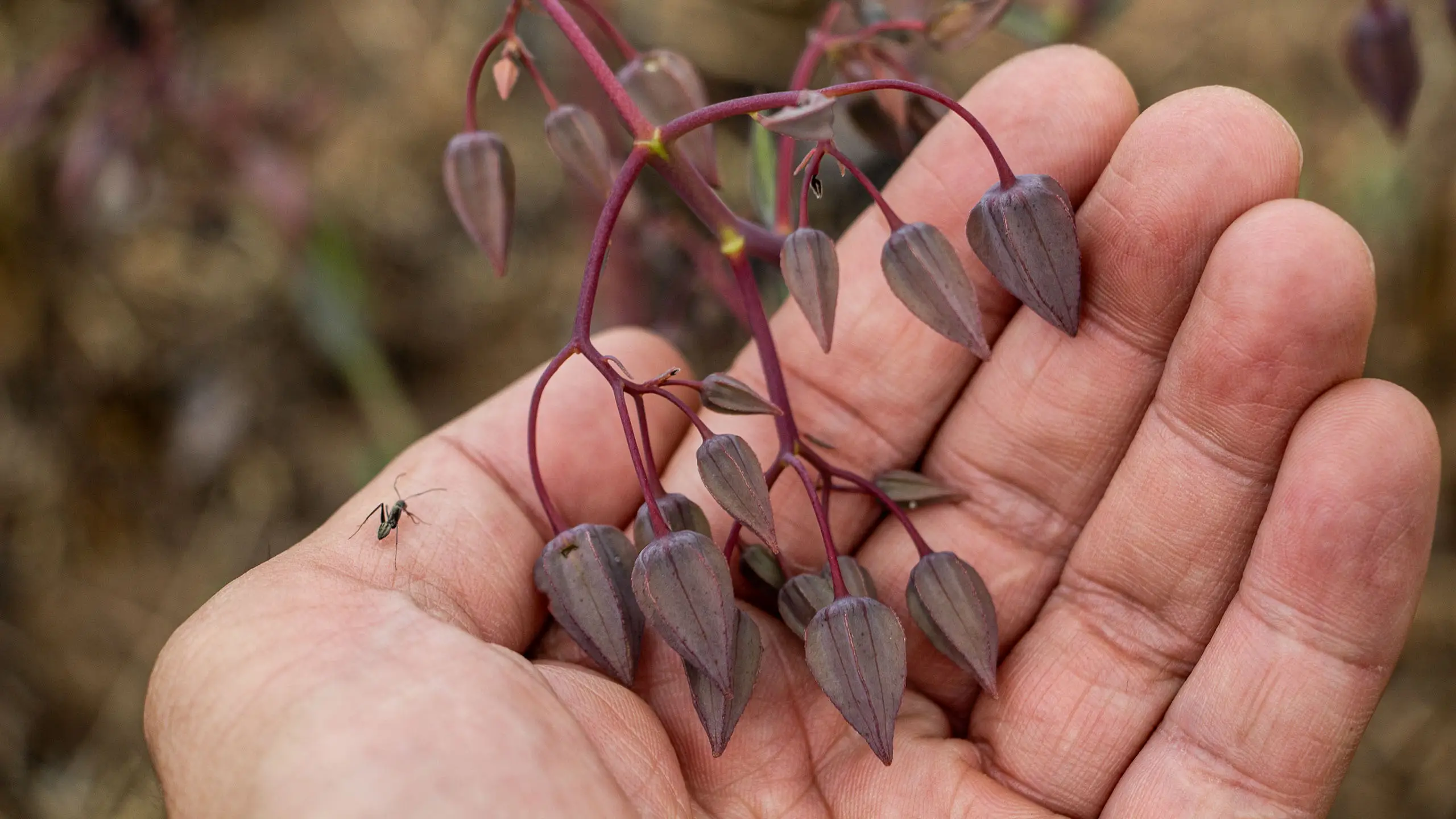
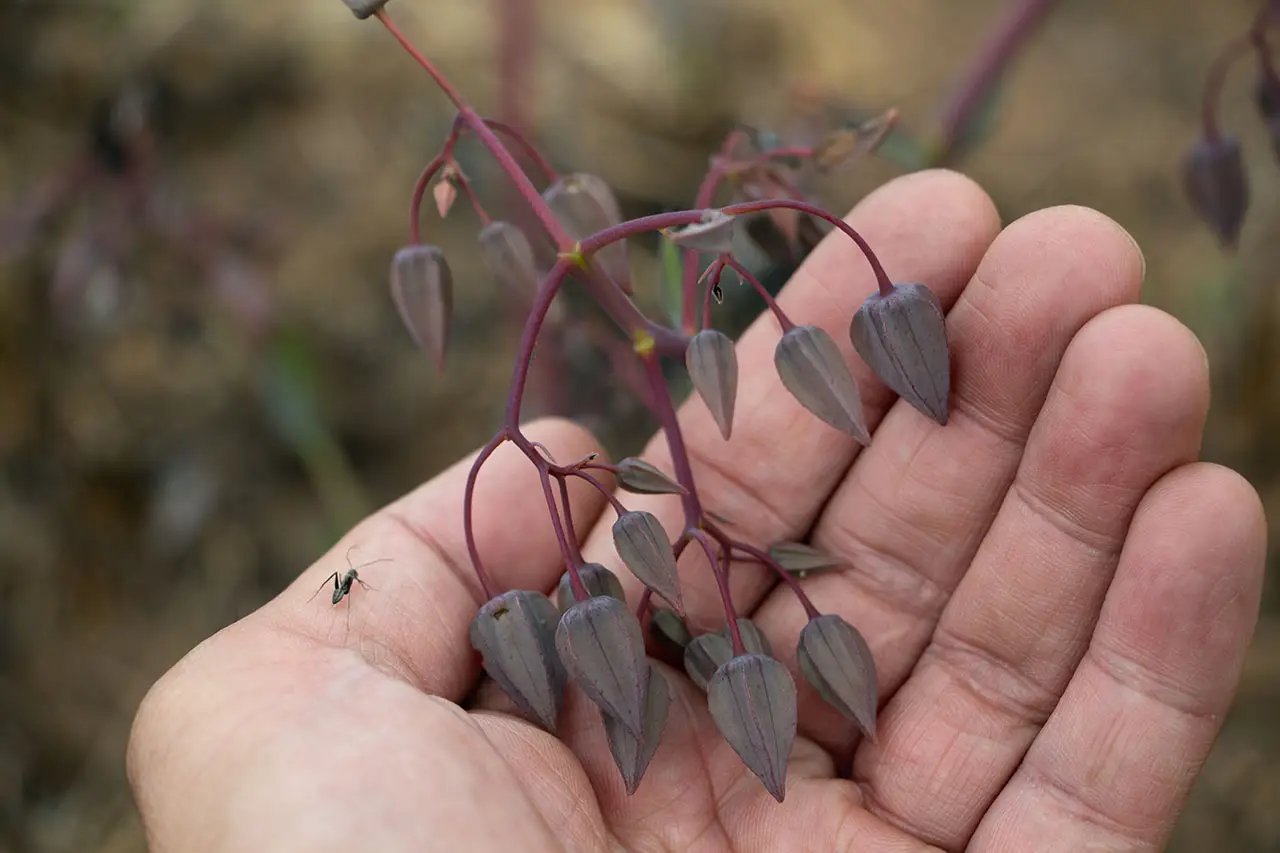
At Toyota Gibraltar Stockholdings,(TGS) we have implemented several initiatives towards the United Nations Sustainable Development Goals, such as our commitment to ENVIRONMENTAL, FINANCIAL and SOCIAL sustainability The UN Sustainable Development Goals provide guidelines to pledge our commitment to change and tackling our conscious responsibilities to protect our environment.
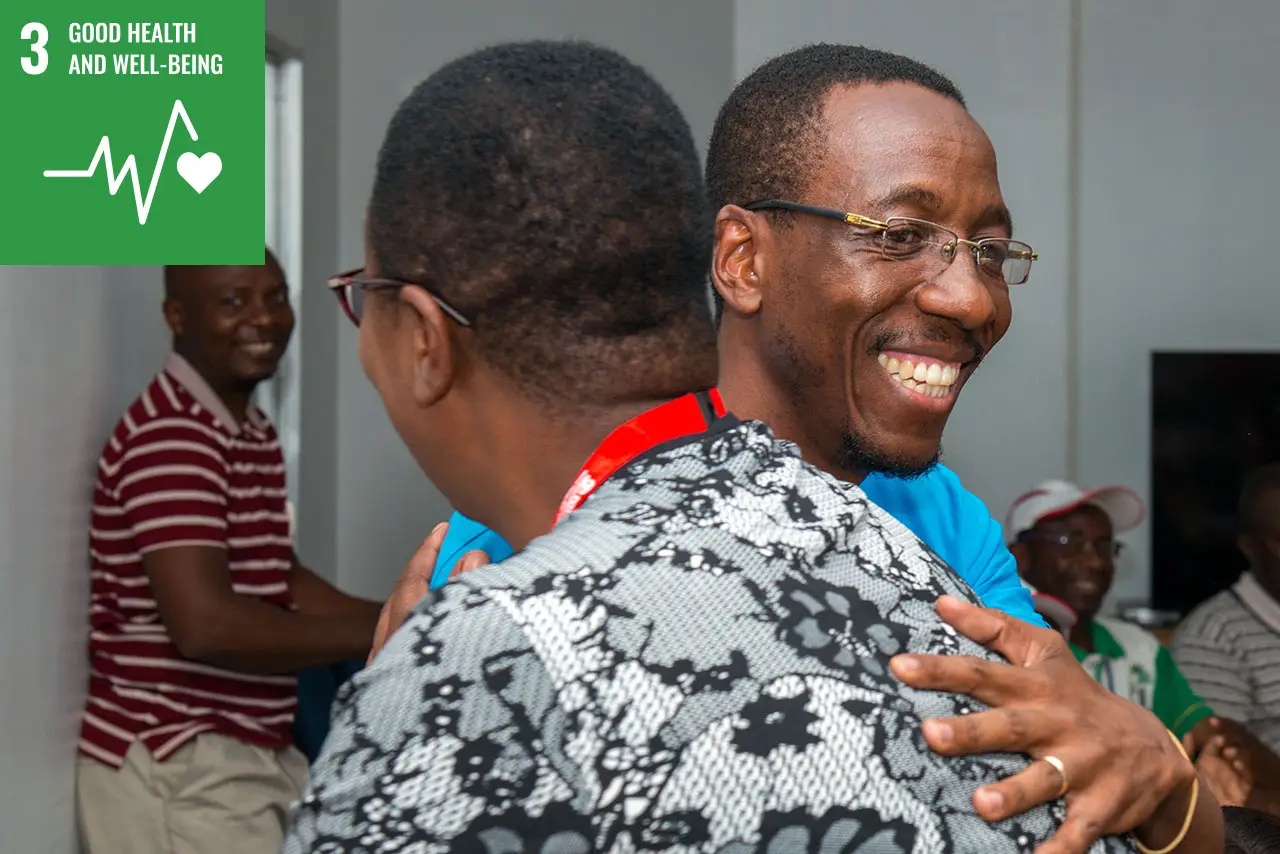
The TGS efforts for social sustainability focus on, SDG No 3, Good Health & Wellbeing specifically for where our clients operate.
We have initiatives efforts of giving back to local communities through our training programs and our products and services:
- Driver Training
- Road Safety Program
- Eco-driving Training
- TGS as an Ambulance Supplier to the Humanitarian Community
We also inspire our clients with options such as the Smart Bar that promotes pedestrian safety. Tested by the Centre of Automotive and Safety Research (CASR) for Head Injury Criteria. A Smart Bar bull bar is hollow and constructed from flexible, durable plastic. This allows the structure to compress under impact before bouncing back to almost perfect shape in many cases. This reduces the likelihood of serious injury.
Our training courses provide an investment by giving health and safety strategies by promoting a positive social impact through education. These are available through online sessions and face-to-face learning. Additionally, we provide YouTube "How to" videos.
Moreover, our expertise with our Ambulance conversions and safety options such as the Smart Bar improves risk management to prevent vehicle-related accidents.
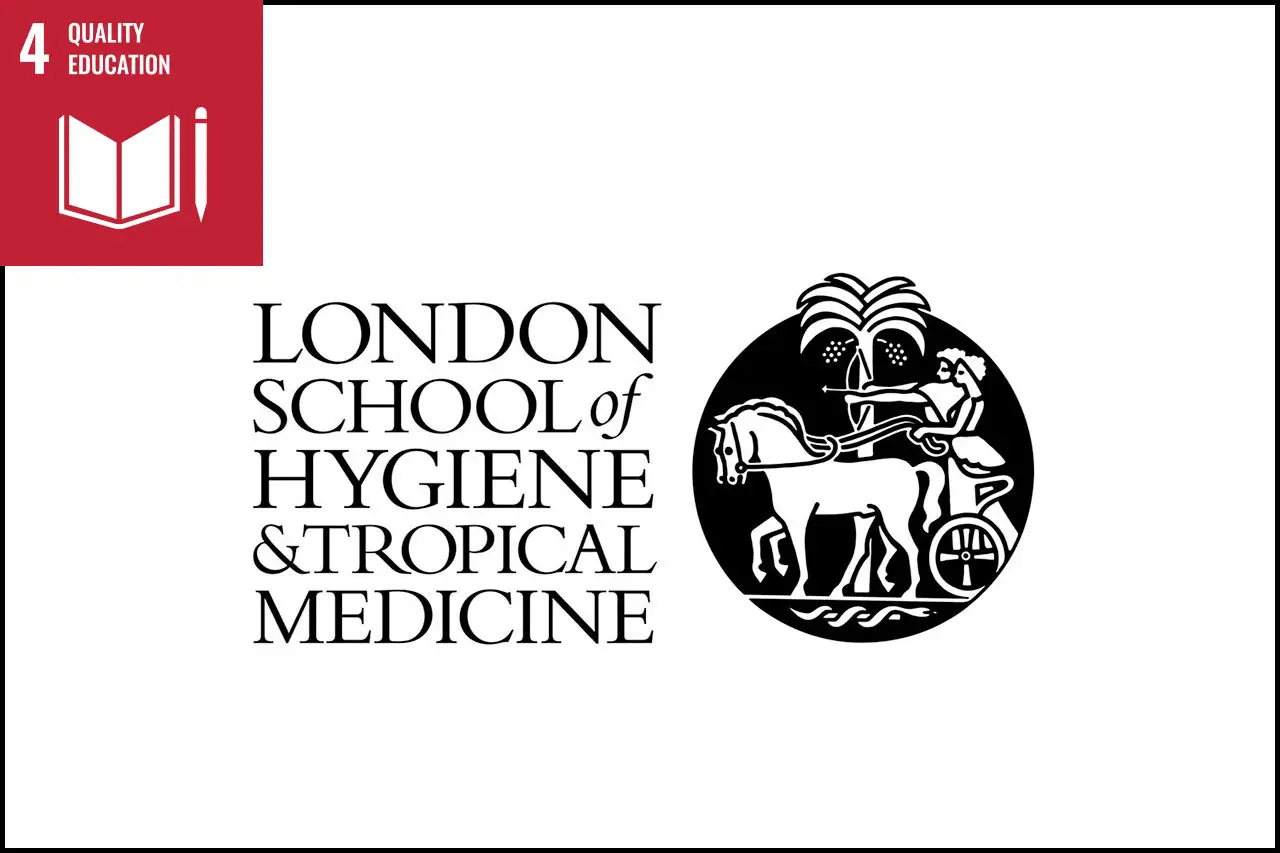
Education is not accessible to all. In addition to our Fleet Training Services, TGS is fortunate to present the 4th SDG Quality Education through a scholarship program. The "George AC Bassadone Scholarship" is for sponsored students from the London School of Hygiene & Tropical Medicine". This scholarship funding provides LSHTM MSc students with financial assistance for activities relating to their MSc project, including travel and research costs.
By implementing eco-friendly strategies, we can reduce our carbon footprint, promote biodiversity and sustainability, and contribute to a healthier planet for all.
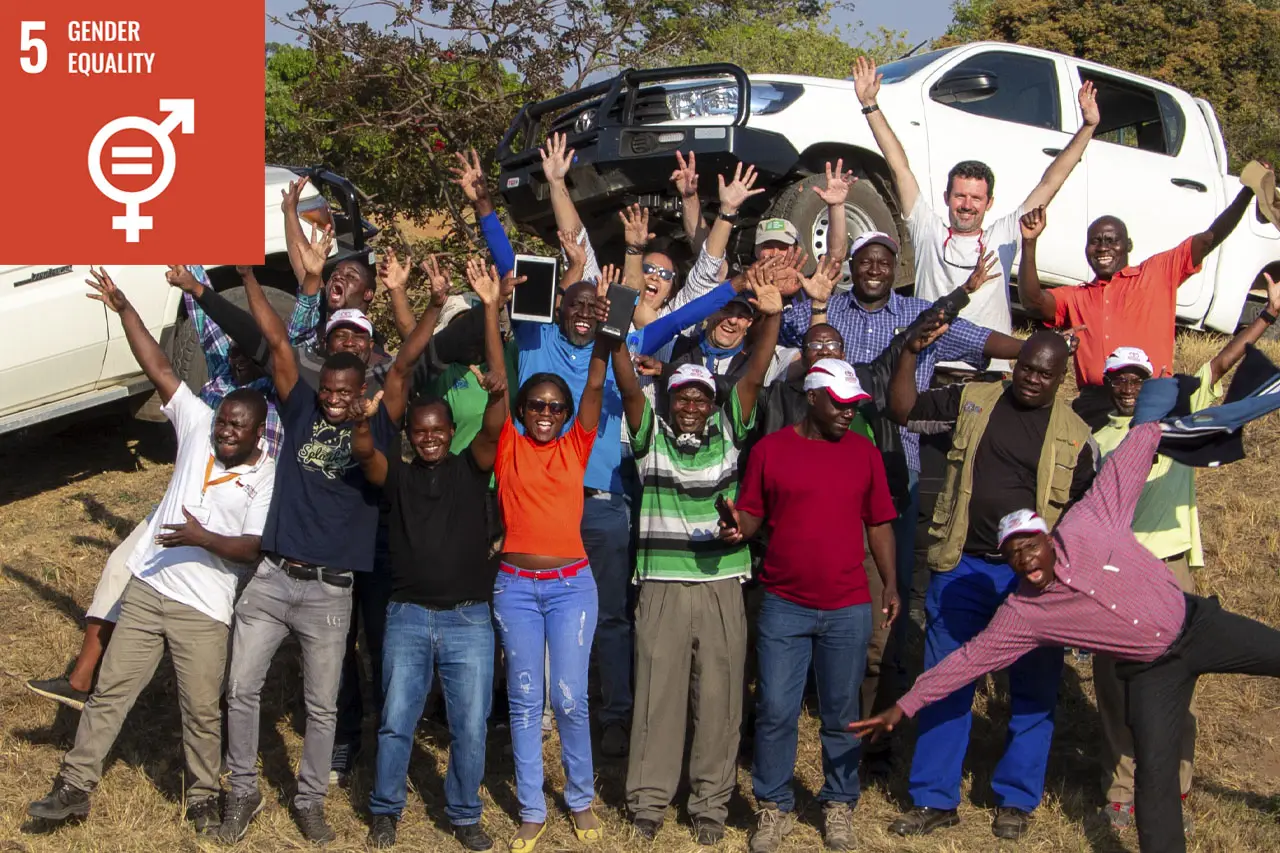
We have always supported our clients, but more importantly, we have trained and empowered local staff without discrimination. This mirrors SDG number 5, Gender Equality and Empowerment as part of inclusive decision-making and capacity building.
Training in different countries has always been part of our practices. We are willing to share our values, policies, and commitment to equality and diversity.
Our commitments are focused on where our clients operate. Our efforts aim to promote a positive, inclusive social impact through education with lifelong learning opportunities. Our training also aims to expand opportunities for all learners in diverse and cultural settings, reflecting the concept of humanitarianism.
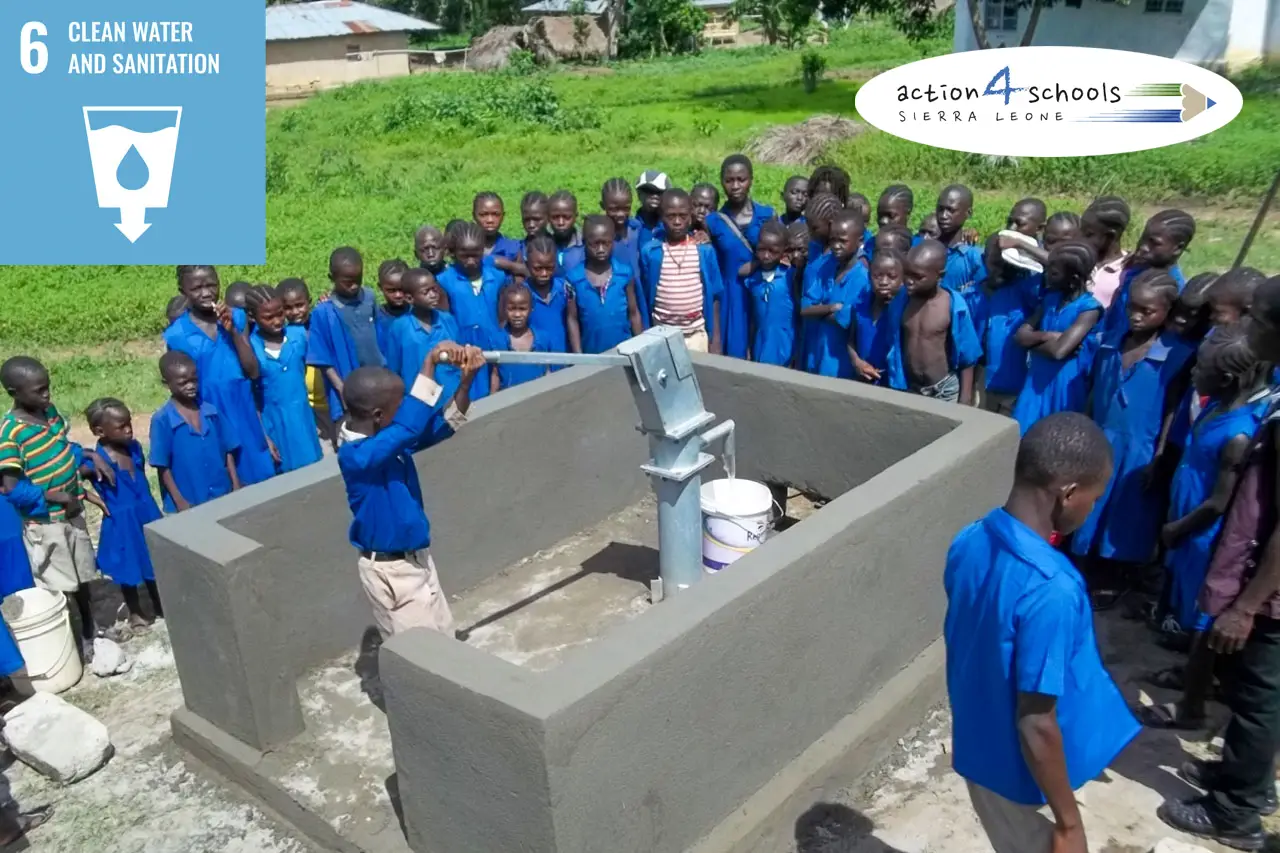
TGS has donated over £40, 000 over the last 10 years which has funded 15 water wells with 7,500 direct beneficiaries. This charity is founded by James Bruzon, TGS Area Manager.
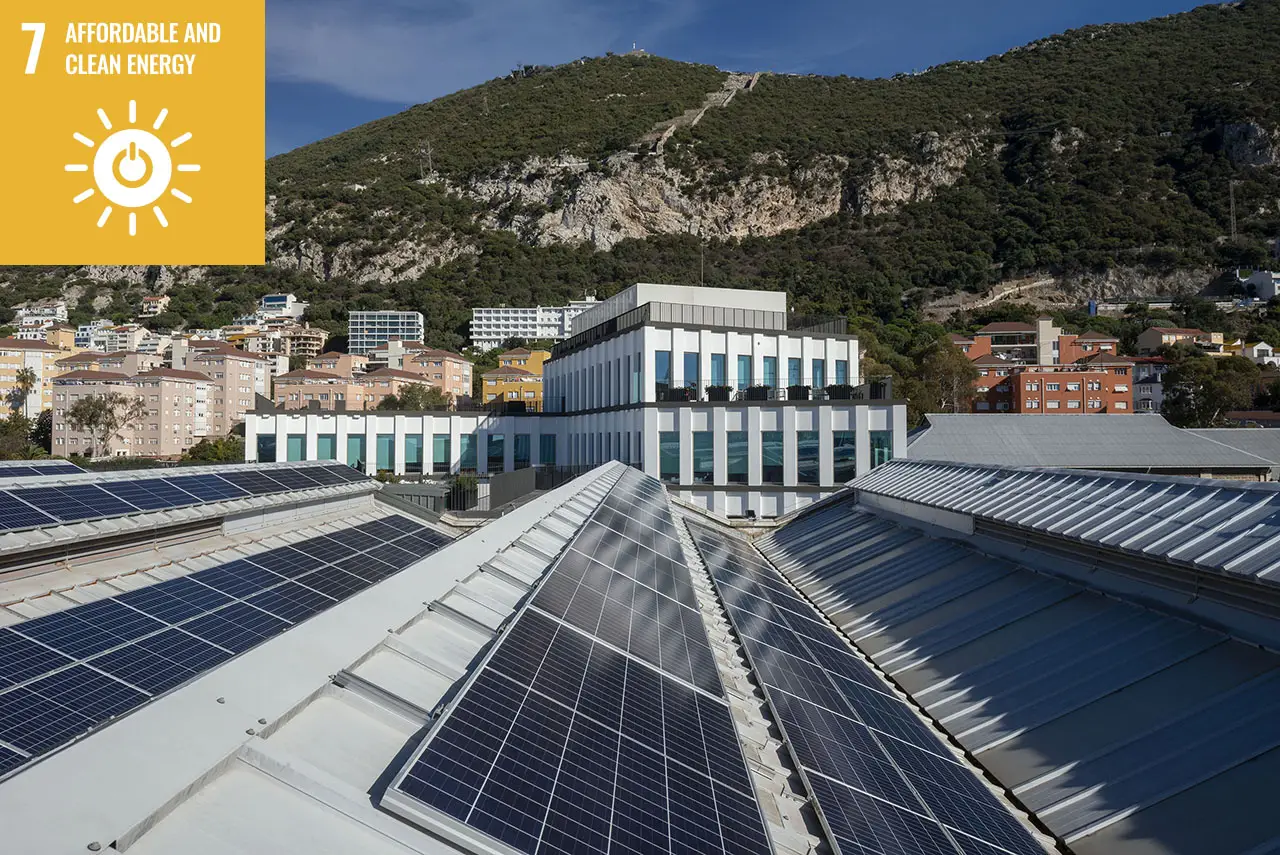
On a local level, we have installed 1,071 sqm of solar panels. This solar farm allows the company to use 100% renewable energy and is enough electricity to power 100+ households. To provide context for this power output, an average EV vehicle consumes 201 Wh/km, and our facility produces enough power to drive an EV vehicle 1,447,263km.
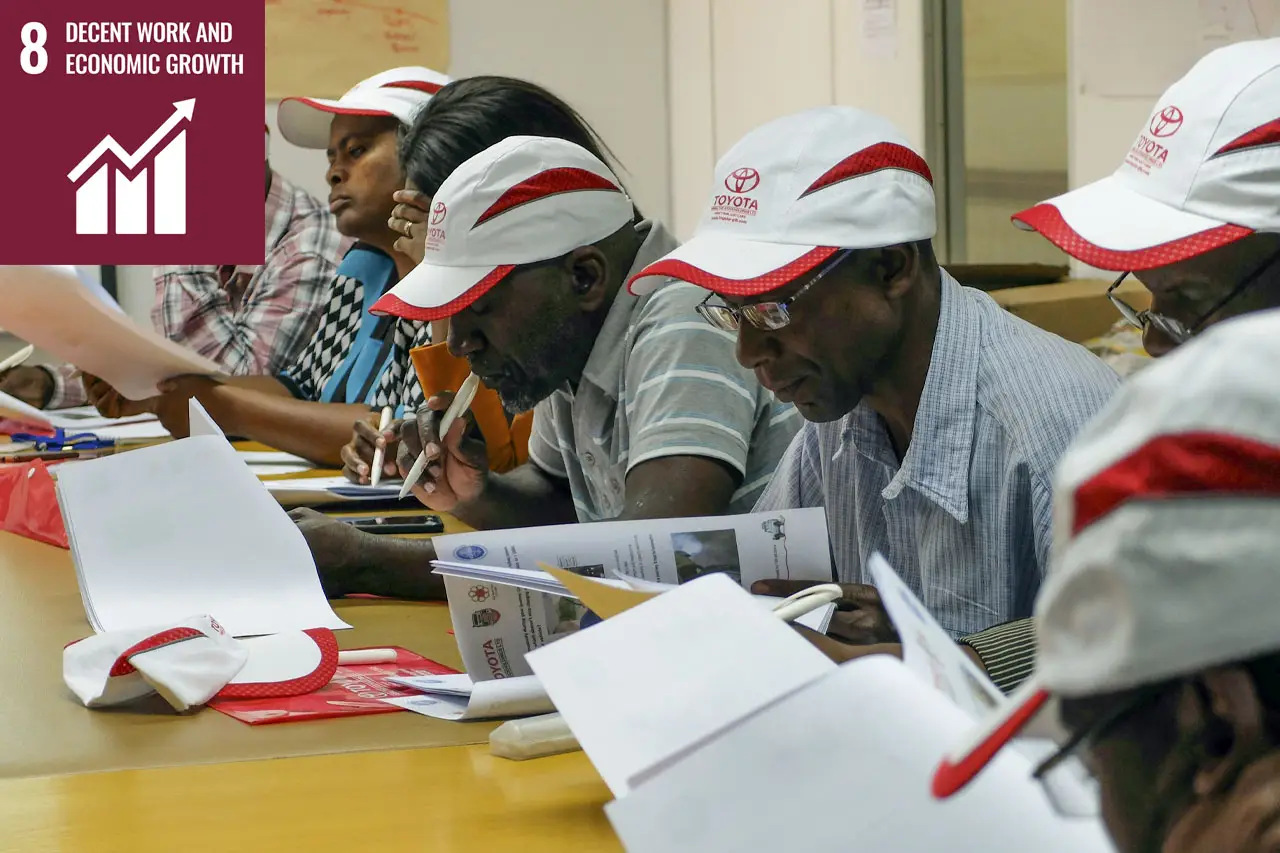
The Fleet Services division has played a role in providing educational training to local personnel involved in humanitarian aid and conservation initiatives. Over the past decade, TGS has educated more than 4000 individuals across 60 countries globally.
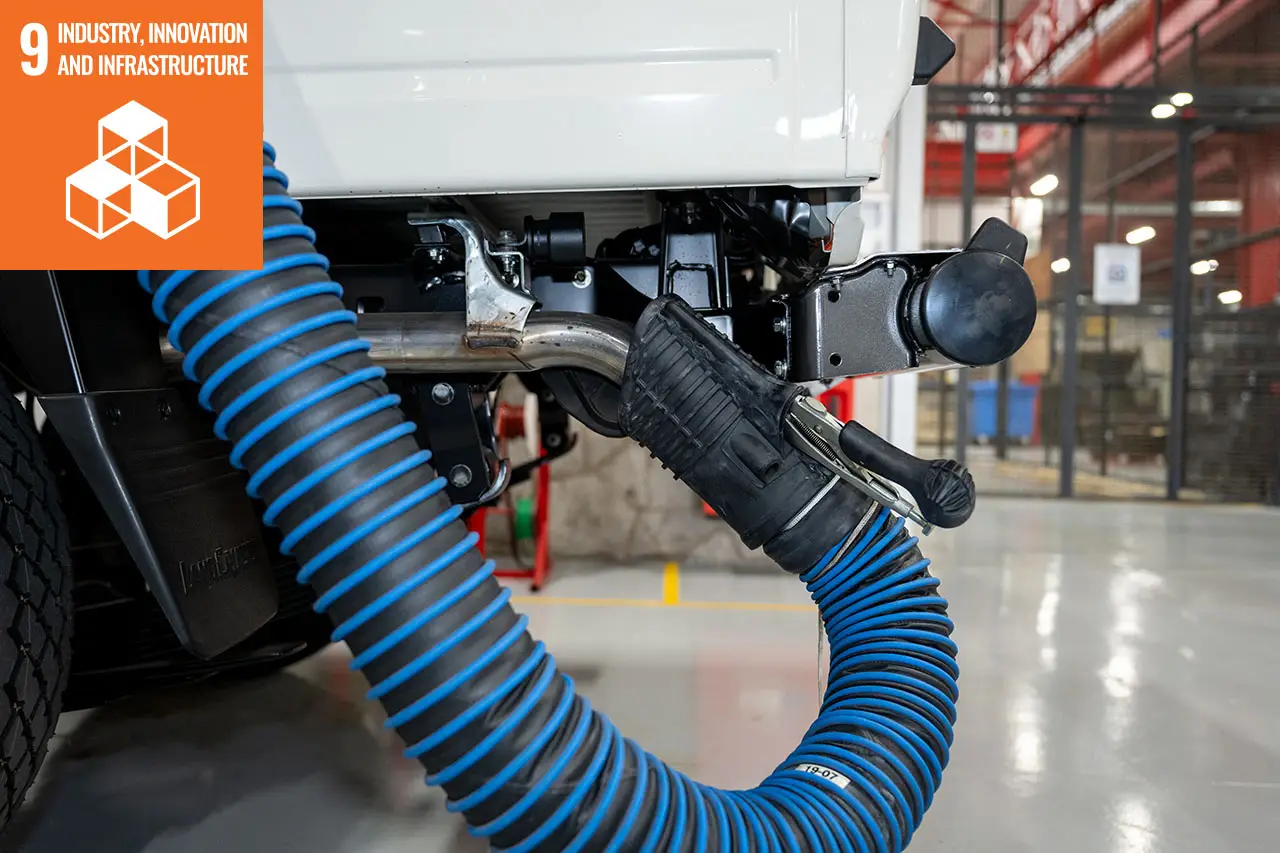
In our workshops, our newly installed paint ovens use efficient exhaust filters. Combined with the green electricity generated by our solar panels, our paint ovens produce 40% less CO2 emissions than conventional paint ovens.
Our state-of-the-art Heating, Ventilation and Air Conditioning (HVAC), the first of its kind installed in Gibraltar, maintains a constant temperature throughout our offices, resulting in a 30% reduction in energy costs per year compared to individual air conditioning units. Our new office building, built in 2021, has been designed to maximise the 2778 hours of sunshine Gibraltar receives per year, reducing the use of lighting and our energy consumption.
In our workshops, our technicians use digital tablets, replacing paper records, reducing paper waste and reducing CO2 emissions. According to data from the Environmental Paper Network, producing a single sheet of paper with no recycled content is responsible for about 13.6 grams of carbon dioxide being released into the atmosphere. By contrast, when considering the lifecycle of a tablet, a tablet uses about 3 watts per hour, which results in the release of 1.8 grams of carbon dioxide. That means you could take notes on a tablet for more than seven hours before surpassing the greenhouse gas emissions of a single sheet of paper. Throughout its lifespan a table device will account for 104kg of carbon dioxide equivalent to 7700 sheets of paper.
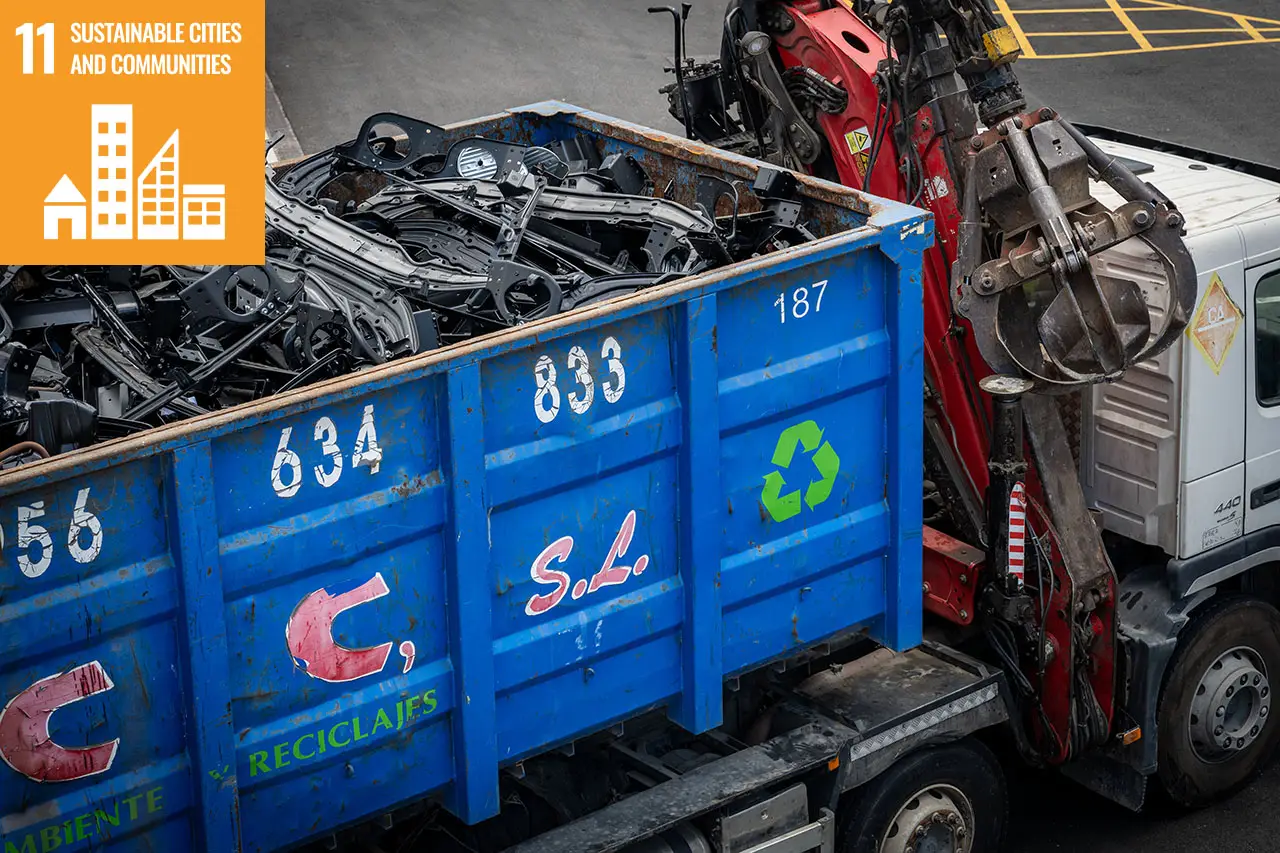
TGS complies with an Environmental Management System based on the ISO 14001 standards. Using Kaizen, TGS continues to monitor our operating procedures, ensuring efficiency. Here are some examples of our initiatives: We have implemented a recycling policy to ensure that materials are disposed of efficiently throughout our business. Additionally, we are evaluating our supply chain by encouraging the use of local suppliers to reduce transport emissions and their commitment to reduce their carbon footprint.
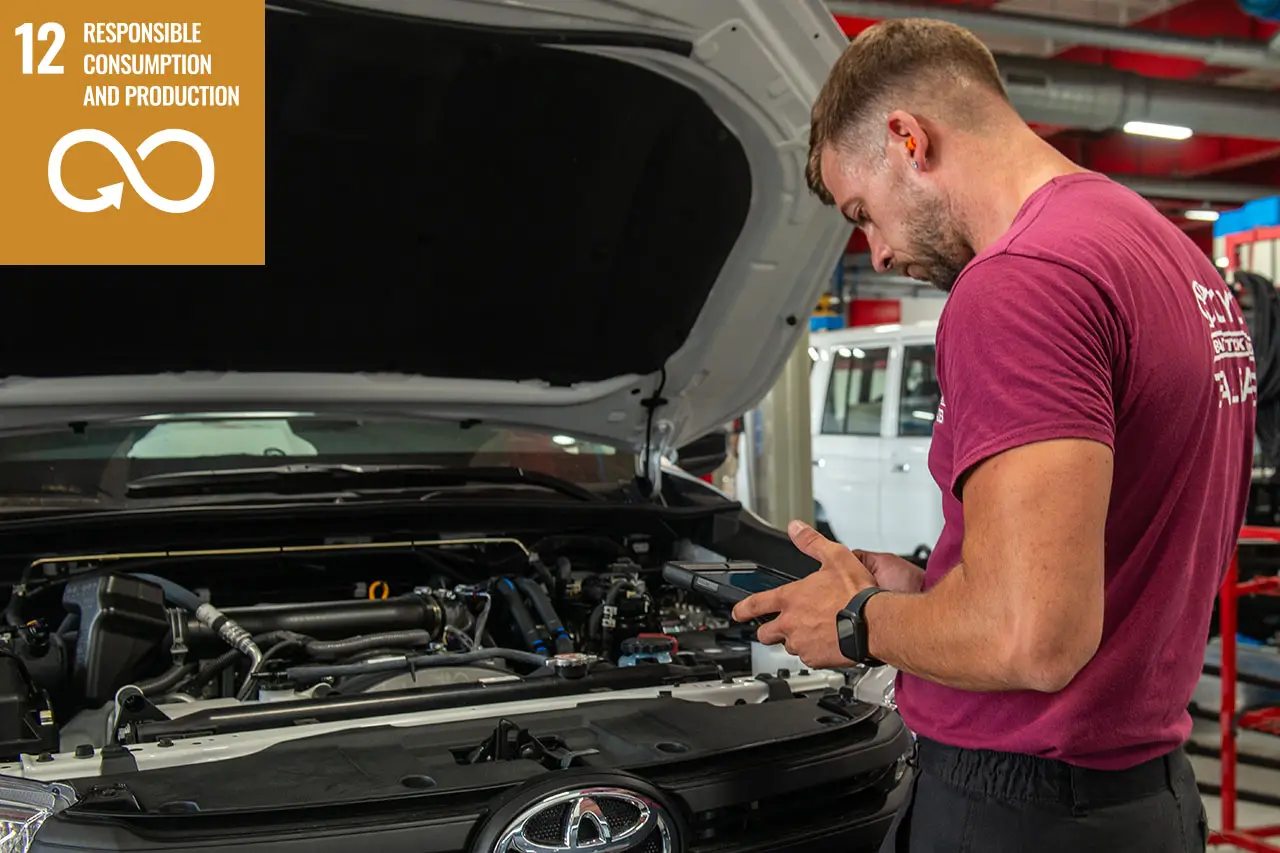
As previously mentioned, TGS is committed to their recycling policy by using our local ECO park recycling service, having a paperless system and being accredited with Environmental ISO 14001 Additionally, TGS is conscious of reducing packaging with their suppliers and within TGS operations by continuously improving practical packaging designs.
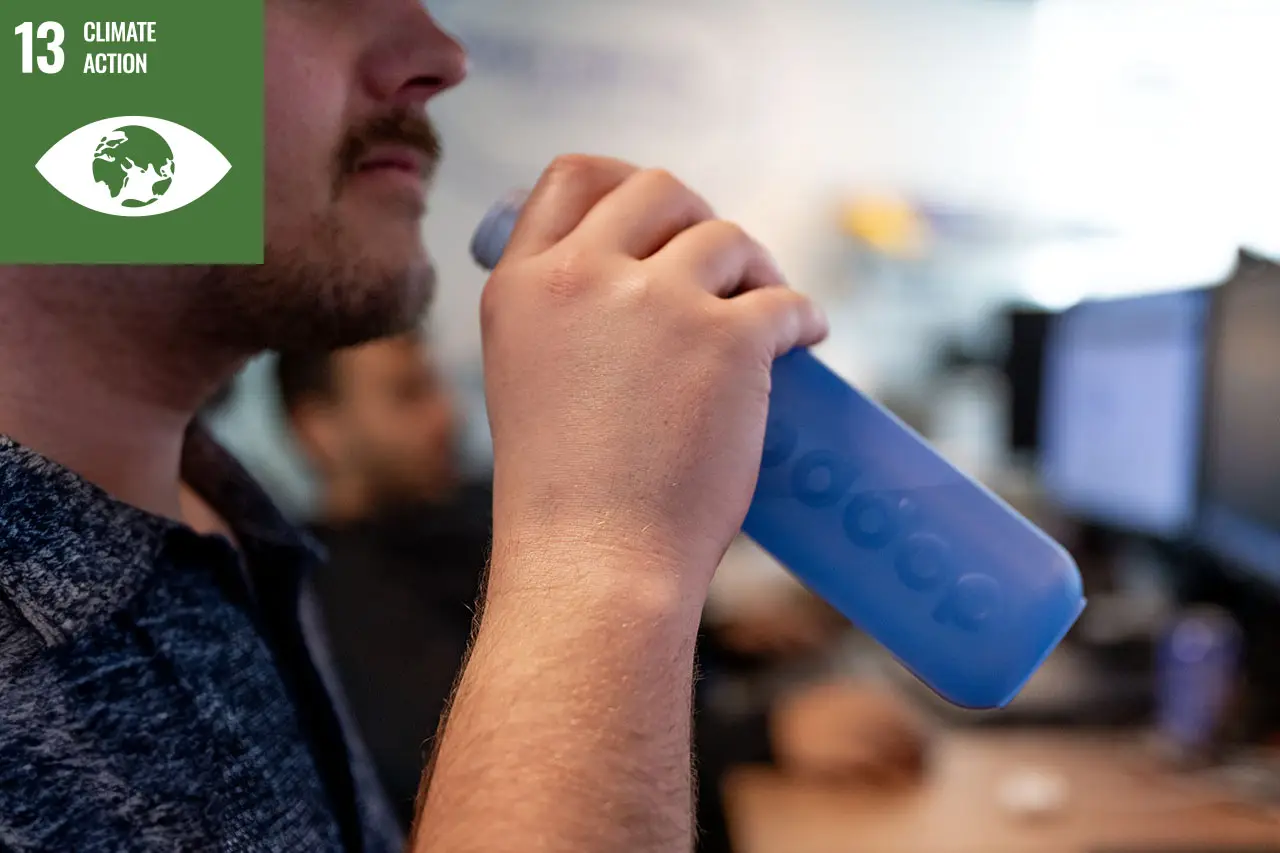
Climate change is now affecting every country on every continent. It is disrupting national economies and affecting lives, communities, and countries today and even more tomorrow.
We are experiencing the significant impacts of climate change, which includes changing weather patterns, rising sea level, and more extreme weather events. The greenhouse gas emissions from human activities are driving climate change. They are now at their highest levels in history.
Without action, the world's average surface temperature is expected to rise over the 21st century. It is likely to surpass 3 degrees Celsius this century—with some areas of the world expected to warm even more. The poorest and most vulnerable people are being affected the most.
We have made contributions with the following:
Our office lighting system is designed to conserve energy with automatic off switches, resulting in a 90% reduction in energy costs.
Electric forklifts to move goods within our operations lower our maintenance costs by a maximum of 50%.
We have issued our colleagues with Dopper bottles in conjunction with our water filter stations to help reduce the use of single-use plastics and paper cups, reducing our carbon footprint
Our end-user documents are delivered digitally to reduce air courier and paper printing costs.
Our video conferencing applications help to maintain customer relations by reducing the need to travel for meetings, therefore reducing transport costs.
Our electric painting ovens replace oil fuel ovens, reducing the use of fossil fuels, and reducing our financial costs.
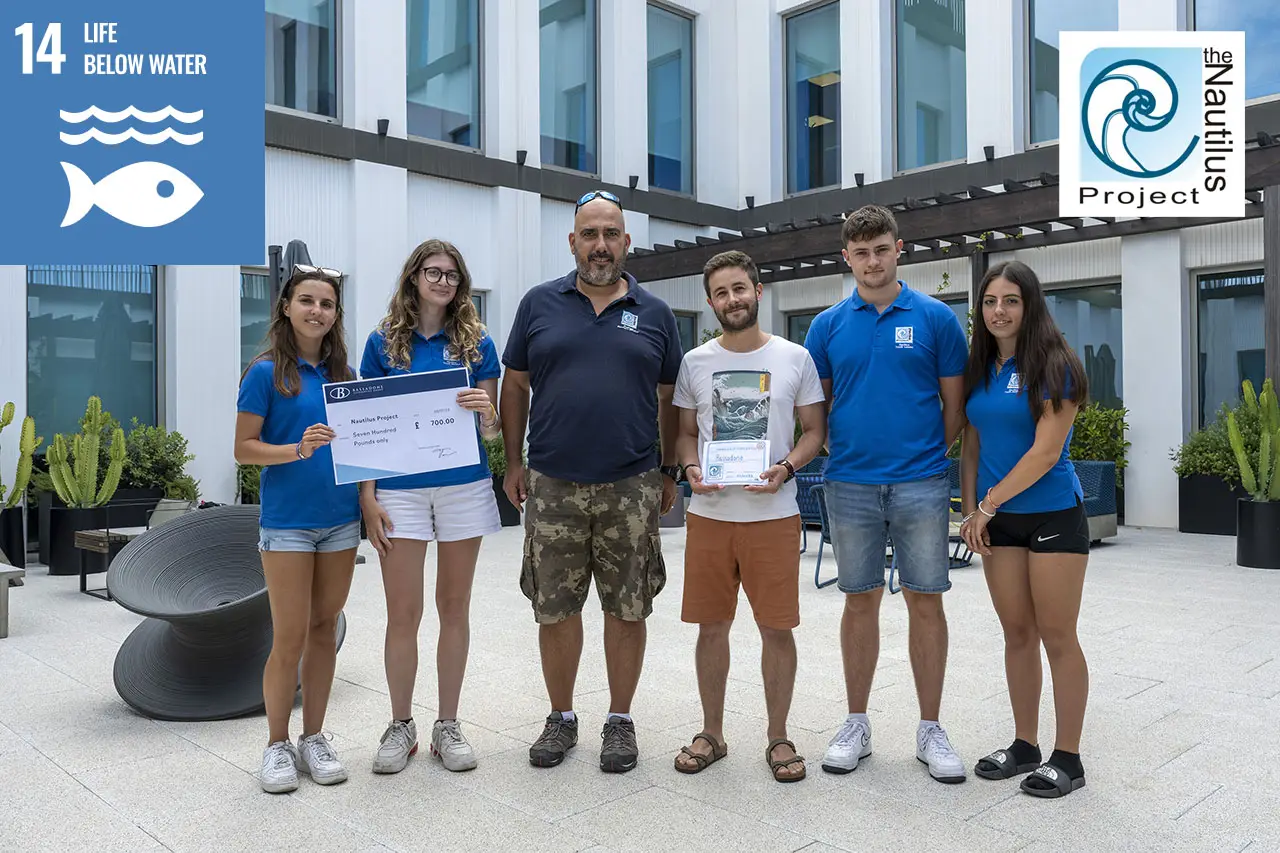
Our commitment to local and global aspects of LIFE BELOW WATER TGS has committed to not using single-use plastics to lower plastic pollution. Grey water re-use generated from domestic processes allows TGS to re-use the grey water for non-potable purposes such as car cleaning during the pre-delivery inspection. Locally, TGS supports a local Nautilus Project – a marine conservation charity.
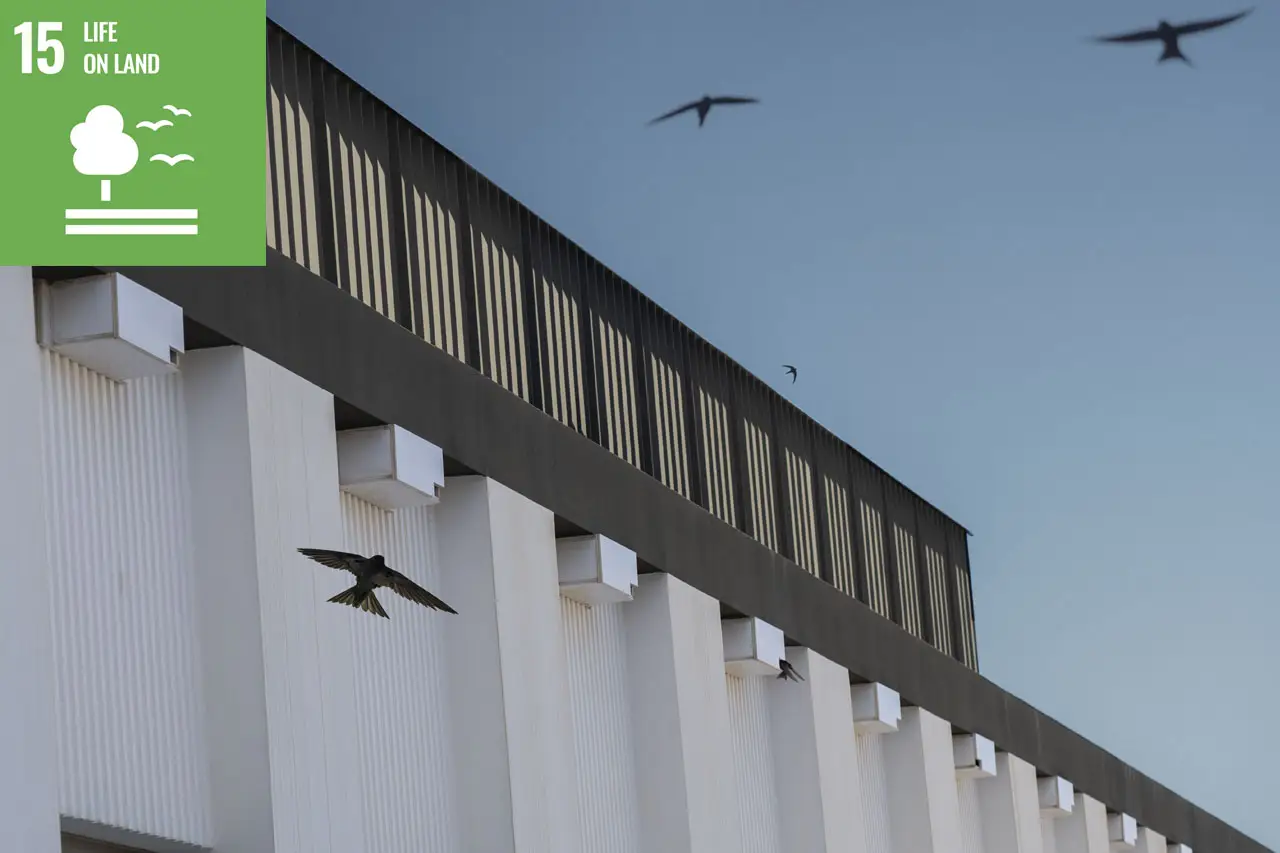
Our commitment to local and global aspects of LIFE on Land, TGS has committed to the installation of nesting boxes on the new premise buildings for displaced birds.
The new premise is also a guaranteed 5% green zone promoting sustainable practices helping to reduce environmental impacts.
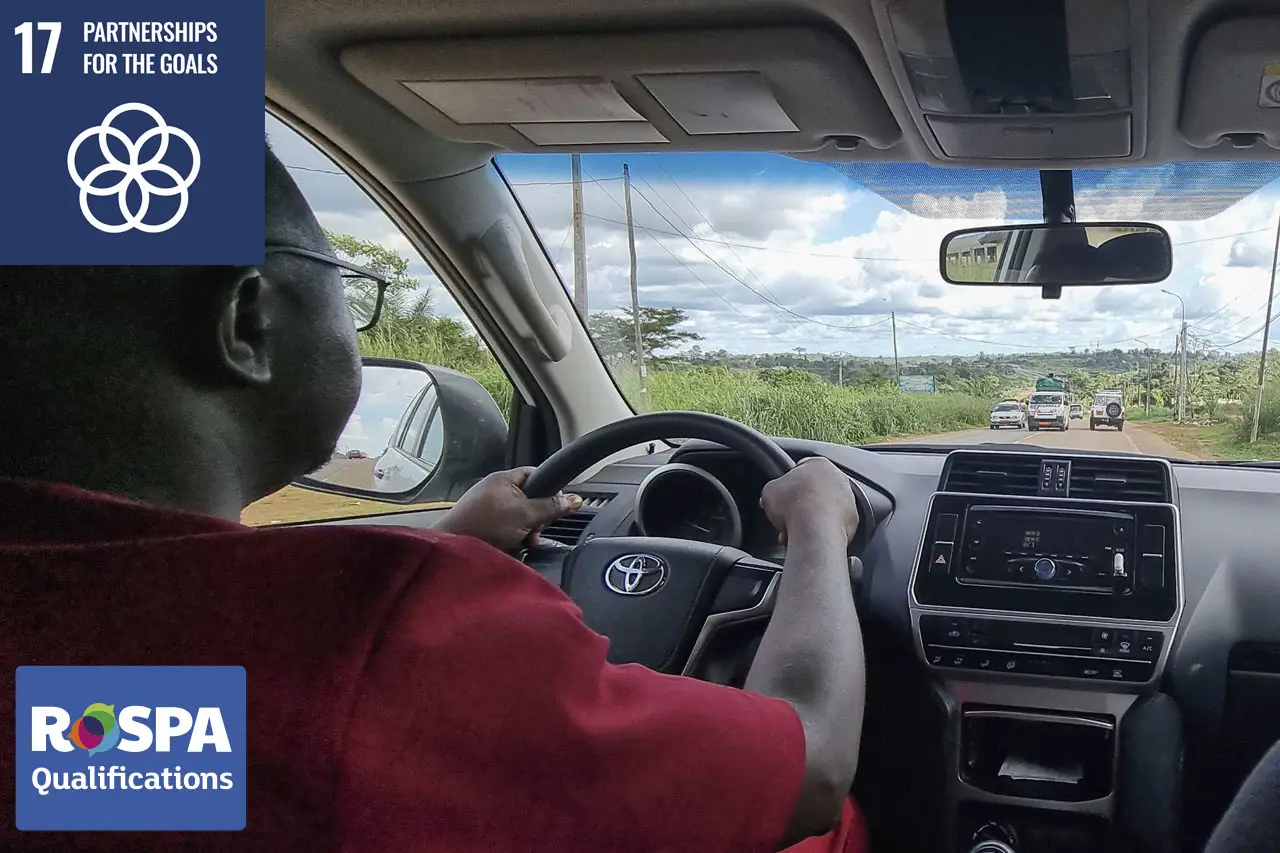
TGS and two humanitarian organisations; UNDP West and Central Africa, Senegal office and the International Committee of the Red Cross deliver the RoSPA assured (The Royal Society for the Prevention of Accidents) Road Safety Program to humanitarian and aid organisations, in partnership.
Both organisations strive to support the international standards recognised by the United Nations and the UN Security Management Operations Manual build sustainable internal capacity and specifically reduce road crash risks in low and middle-income countries. The aid community stands to gain the support, road safety commitment and expertise from this collaboration.